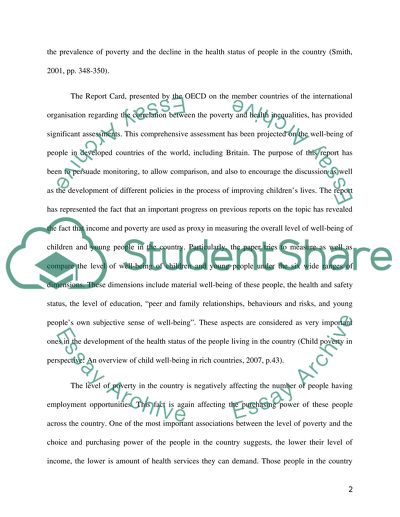Cite this document
(“Poverty Impacts on People's Health and Well-Being in Britain Today Essay”, n.d.)
Poverty Impacts on People's Health and Well-Being in Britain Today Essay. Retrieved from https://studentshare.org/nursing/1450283-discuss-the-way-poverty-impacts-on-people-s-health
Poverty Impacts on People's Health and Well-Being in Britain Today Essay. Retrieved from https://studentshare.org/nursing/1450283-discuss-the-way-poverty-impacts-on-people-s-health
(Poverty Impacts on People'S Health and Well-Being in Britain Today Essay)
Poverty Impacts on People'S Health and Well-Being in Britain Today Essay. https://studentshare.org/nursing/1450283-discuss-the-way-poverty-impacts-on-people-s-health.
Poverty Impacts on People'S Health and Well-Being in Britain Today Essay. https://studentshare.org/nursing/1450283-discuss-the-way-poverty-impacts-on-people-s-health.
“Poverty Impacts on People'S Health and Well-Being in Britain Today Essay”, n.d. https://studentshare.org/nursing/1450283-discuss-the-way-poverty-impacts-on-people-s-health.


